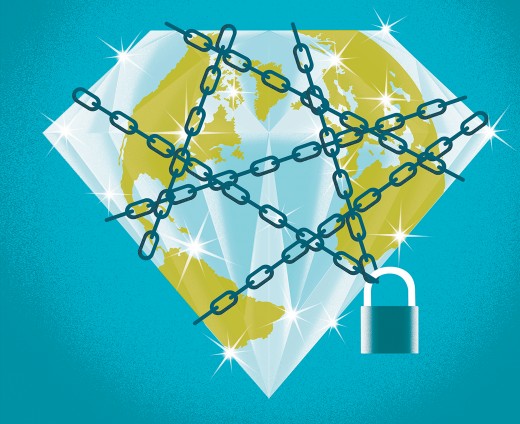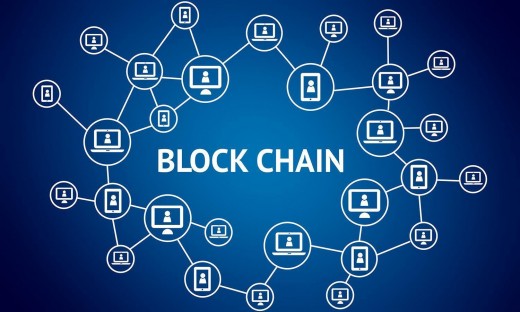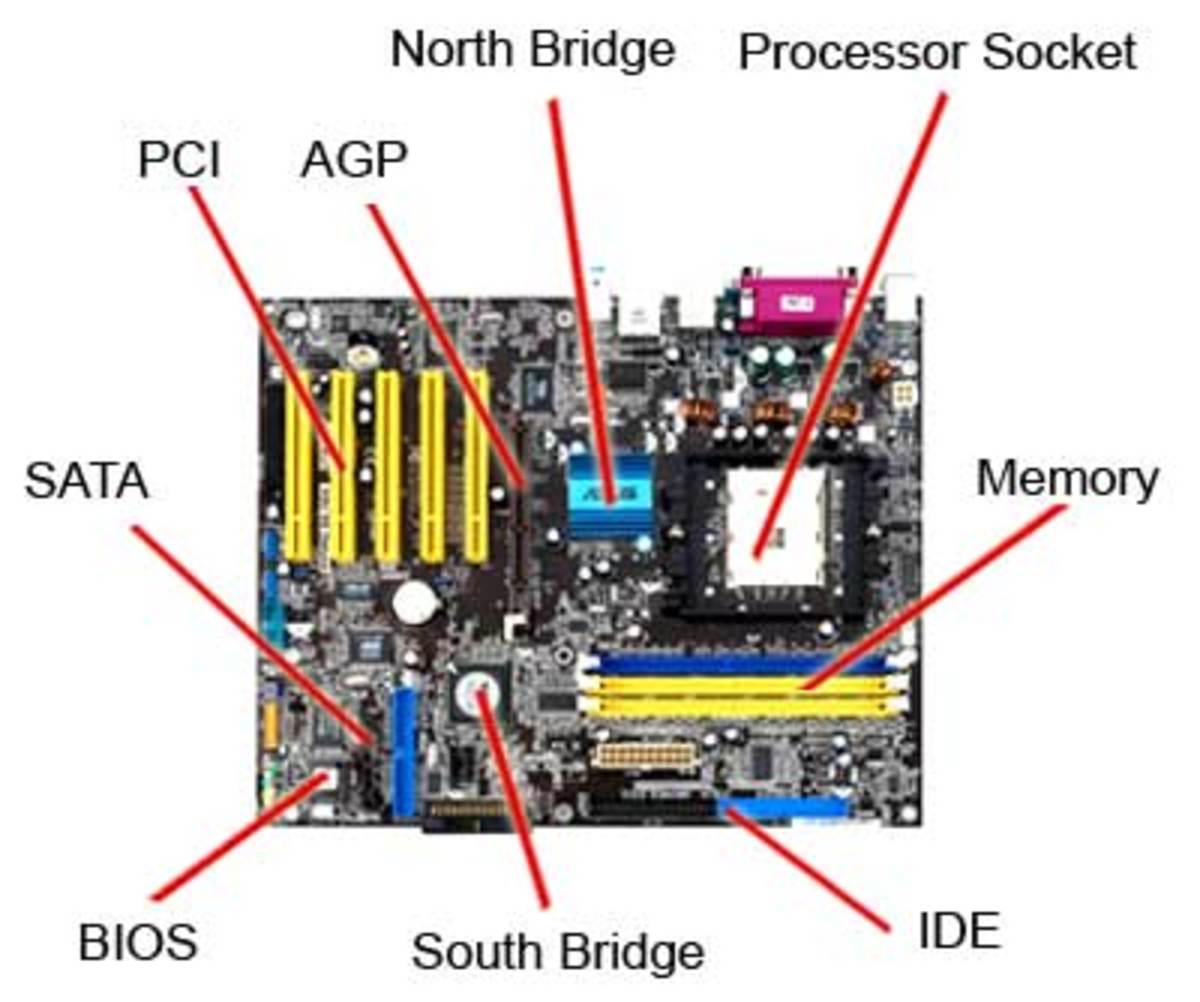Blockchain Is a Diamond's Best Friend

The diamond industry may be able to solve one of its core issues once and for all thanks to the blockchain technology.
Everledger has recently placed more than 1.6 million diamonds on a blockchain, which could be the beginning of a new era in diamond processing and sales because this type of transaction could end up excluding blood diamonds from the market.
Blood diamonds are those diamonds that are mined illegally, most times by workers who must undergo horrific work conditions.
While these should not be present on the diamond market, they still seem to make their way in, regardless of the rigorous diamond scanning systems.
However, making all transactions related to diamonds via blockchain could exclude blood diamonds and counterfeits from the market entirely due to the rock-solid transaction ledger produced by the system.
Essentially, commercializing diamonds in Bitcoin or other types of cryptocurrency could take the security of the diamond market reach new grounds.
"Everything will be tokenized and connected by a blockchain one day." -Fred Ehrsam

Why Everledger Will Create the Beginning of a New Era for Diamonds
When Everledger placed diamonds on a blockchain system, it may have set a new standard for the entire industry because of the security boost it offers.
Not only did they make a separate entry for each of their diamonds, but each of these entries featured detailed data about that specific diamond, such as carats, color, and its certificate number, which is inscribed on each of the diamonds.
“We create a digital twin of the object on the blockchain,” explained Leanne Kemp, the CEO of Everledger.
The technology of blockchain permits diamond suppliers, as well as intermediaries, such as border agents, to gain access to a digital record for each individual diamond, which can replace the paper certification system that is still in use at the moment.
This blockchain will act as a digital vault holding approved diamonds only.
By limiting diamond sales to cryptocurrency and blockchains, the validity of the product will be linked to a ledger system that is impossible to penetrate, which should convey precisely the confidence required in industry.
By making diamond certifications digital and tying them to a blockchain, their uniqueness will become untouchable.
Thus, blood diamonds will be virtually impossible to penetrate the system, which would finally resolve this enormous issue that has greatly affected the diamond industry.
The interesting thing about blockchain is that it has made it possible for humanity to reach a consensus about a piece of data without having any authority to dictate it. -Jaan Tallinn

How Everledger Is Extending the Blockchain Approach To Greener Pastures
Everledger intends to extend this new blockchain technology to even more luxury products, such as wine bottles.
These will be introduced in the system just like the diamonds, thus offering detailed information about the product, such as the date of fabrication, the wineries they were produced in, or even the specific characteristics of the wine.
What they will also offer is probably the most secure type of transaction.
The company aims to use this technology for fine art as well.
In fact, it is exploring applications with art collectors and exhibition clients, which could make the entire process more accessible to clients as well as art distributors.
By 2018, Everledger intends to complete the development of all of these blockchain-based transaction systems.
“This isn’t about Aunt Jenny’s wedding ring”, says Leanne Kemp, because this has the potential to revolutionize high-end purchases altogether.
You have to think of the blockchain as a new utility. It is a new utility network for moving value, moving assets. -William Mougayar

How Everledger's Blockchain Project Can Be Introduced in the Current Economy
While commercializing diamonds via blockchain could give way to a safer way of purchasing these valuable items, introducing it into a functional economic system could be easier than Eerledger expected upon because the future of economics is cryptocurrency.
In fact, IT giant IBM is already developing a public cryptocurrency foray, where would be an excellent match for blockchain-based transaction systems.
Companies like Everledger, their clients, as well as their suppliers could use such a platform to perform all of their transactions in an entirely safe digital environment.
As you can see, Everledger's initiative could change diamond purchasing forever.
By linking it to blockchains, it has the opportunity to resolve issues that the market has been dealing with for many years now.
It remains to be seen how the public will respond to blockchain diamonds, but the digitalization of industry is virtually inevitable at this point considering the stellar benefits it promises.
This content is accurate and true to the best of the author’s knowledge and is not meant to substitute for formal and individualized advice from a qualified professional.
© 2019 Sarah Draper








